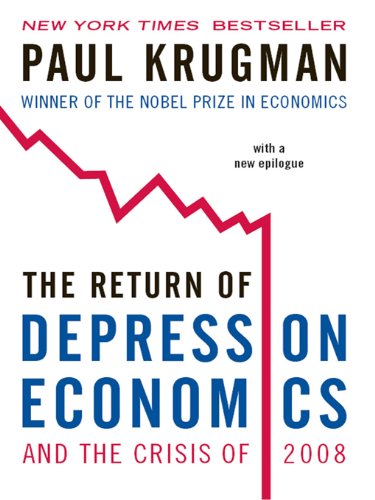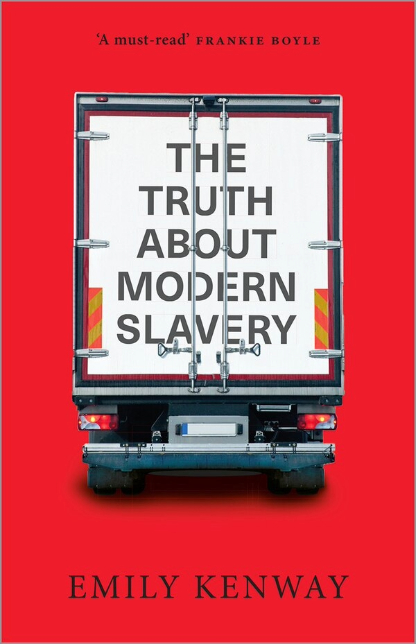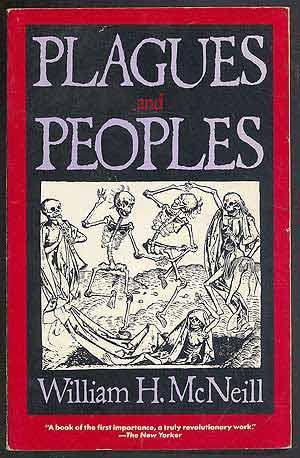Karl Marx: Philosophy and Revolution, Shlomo Avinery, Yale University Press, 2019, pp. 217, ISBN 978-0-300-21170-2
Shlomo Avineri’s new intellectual biography of Karl Marx is a part of Yale University Press’ “Jewish Lives Series,” which is, according to the publisher, “aimed at exploring the many facets of Jewish identity” and the “range and depth of Jewish experience.” Pairing the series with Shlomo Avineri comes as no surprise considering the author’s opus. His The Making of Modern Zionism, and biographies of early socialists who combined their Zionism with their socialism Moses Hess and Haim Arlosoroff, as well as his thorough examination of the social and political philosophy of Marxism, make Avineri uniquely suited for this endeavour. Indeed, Avineri’s 1968, The Social & Political Thought of Karl Marx, now considered a classic, serves as the backdrop to Karl Marx: Philosophy and Revolution.
However, Karl Marx presents a widely different object of analysis, as compared to other characters found in the series, such as Rabbi Akiva or David Ben-Gurion, not least because of his beliefs on religion and ostensible pronouncements on Judaism and Jewish people. Avineri acknowledges this in the preface, and states that “Marx cannot be considered a Jewish thinker, and his knowledge of matters Jewish was minimal.” Nonetheless, Avineri seeks to focus on how his Jewish background impacted his intellectual development, a task which Avineri does not necessarily accomplish, not due to his lack of skill, but due to the very nature of Marxist thought.
He provides an exhaustive overview of Marx’s political thought, analyzing all major developments in his life and placing them in their historical context, but he does not establish clear or even marginal links to his Jewish background and how it might have impacted his professional or intellectual development. At most, connections appear incidental, such as that one described in the brief encounter between Marx and the German Jewish historian Heinrich Graetz in Carlsbad. Although there are no records to corroborate what they talked about, Avineri assumes that Russia cannot have been the only topic of shared interest.
Some of the connections to Judaism are obvious. Marx’s paternal grandfather was the chief rabbi of Trier until his death in 1804. Marx’s father, Heschel Lewy, or Heinrich Marx, in its German version, had to convert to Protestantism following the proclamation by Prussian authorities that all practicing lawyers must follow a denomination of Christianity if they are to keep their positions. For Marx’s father, the conversion was a pragmatic choice, albeit a begrudging one. According to some historical documents that Avineri found, it appears that Karl was born before the conversion took place, making both of his parents nominally Jewish at the time of his birth. This is, of course, merely a trivial fact; anecdote that fails to establish clear links between Marx’s family’s background and his intellectual development.
Throughout the narrative, Avineri provides marginal connections to Judaism but fails to connect it to Marx’s thought. What makes it difficult is that Marx’s condemning of all oppressive policies against the downtrodden often included Jewish people, due to widespread antisemitism prevalent in Europe in the 19th century. Interpreting his comments as a defence of a particular people due to his background is spurious, given his universal stance.
At other times, Marx can be mistaken for an anti-Semite or, depending on who is labeling, a ‘self-hating Jew.’ People of such belief usually point to Marx’s essay entitled “On the Jewish Question,” published in 1844 as a response to Bruno Bauer’s tracts on Jewish emancipation. In Part I, Marx criticizes Bauer for denying Jewish people their rights due to their religion and argues for their full equality within the confines of bourgeois society. Part II, however, is the more notorious section of the essay, in which he appears to launch an attack on Judaism, identifying it with money and thereby repeating antisemitic tropes. However, Avineri refuses to accept this at its face-value, stating that “the more one reads this vehement indictment…the more it becomes clear that Marx is writing about something beyond actual, living Jews” (p.45). Immediately after identifying Judaism with money, Marx moves to proclaim that money rules in Christianity as well. Avineri contextualizes Marx’s essay, maintaining that he is writing in code so as to avoid censors who would not have allowed his publication to proceed had he used “capitalism” instead. Marx’s description of Judaism, or Judentum, stood for commerce, trade, and hucksterism, rather than actual Judaism. Just as the call for the “human emancipation of Jews” was shortcode for the revolution.
Shlomo Avineri’s Karl Marx distills his earlier work on Marxist political and social thought and provides more biographical details. The task given to Avineri by the editors of the “Jewish Lives Series” at Yale University Press might have been doomed from the beginning due to the very nature of Marxism, which seeks to overcome alienation inherent in religion and therefore all its earthly manifestations, but it certainly does not take away from Avineri’s ability to explain in clear and concise manner the vast corpus of Marx’s works. The book’s main strength lies precisely in that.




